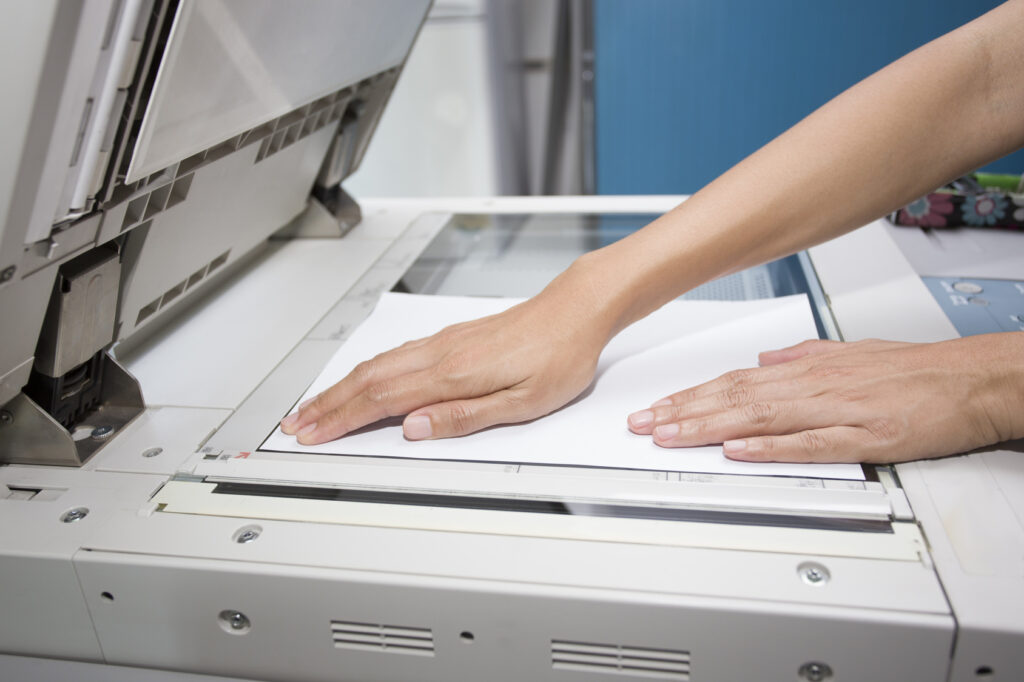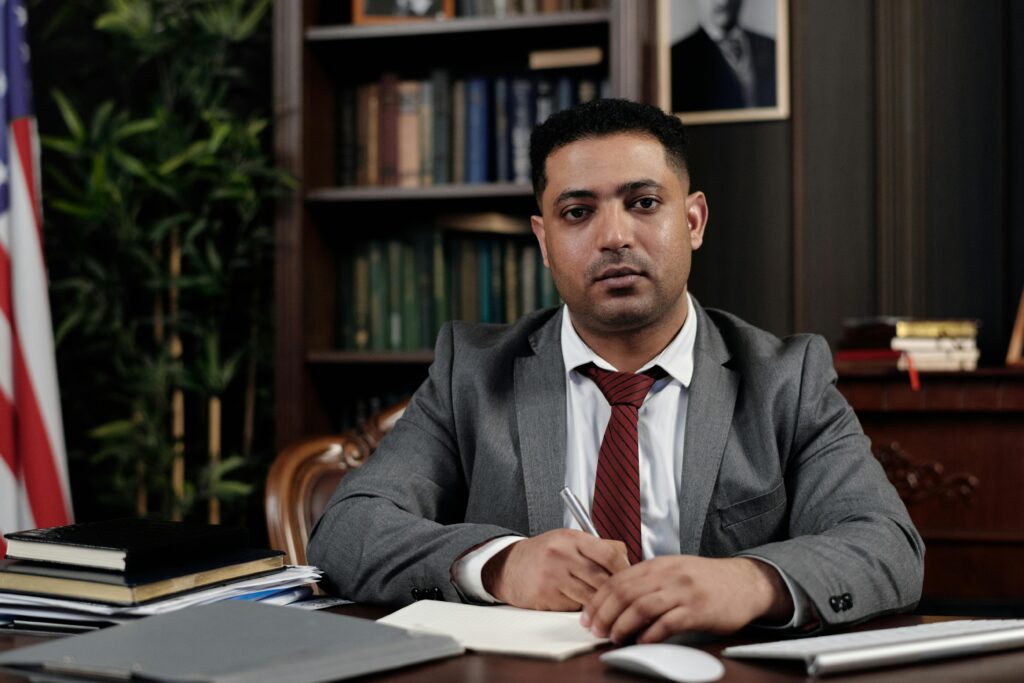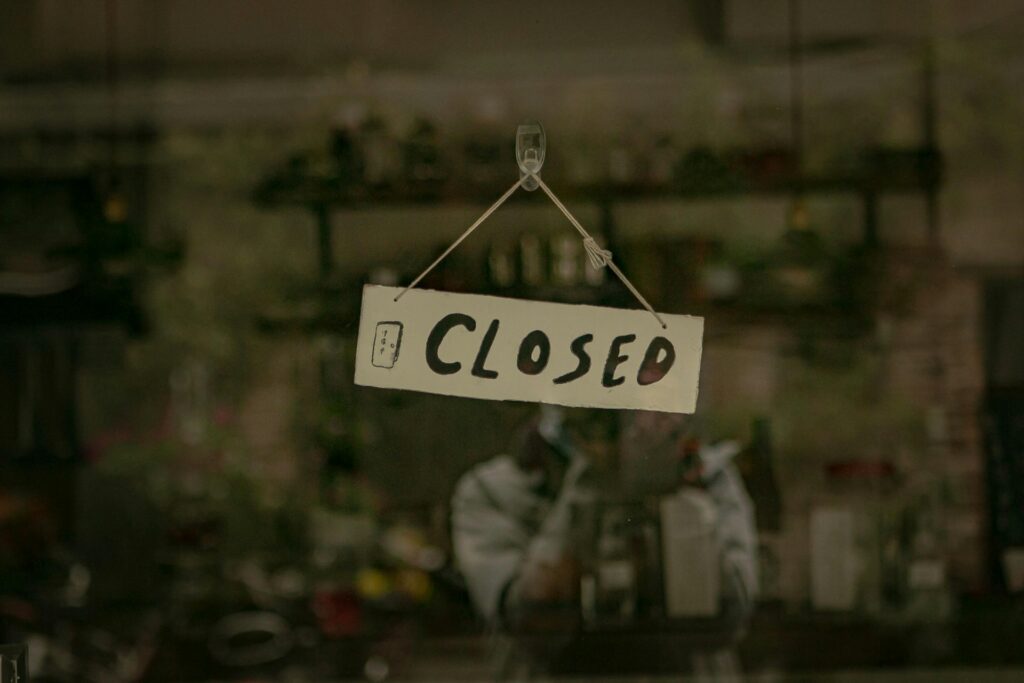Can a notary make a photocopy of a certified document?
When it comes to legal documentation, questions like these – about what a notary can and cannot do – are quite common. While the answers may not be as straightforward as they seem, we’re here to help clarify them – and understanding the nuances involved is crucial for ensuring compliance with the law.
In this article, we’ll dive into the role of a notary, explain what certified documents are, and clarify whether a notary can legally make photocopies of such documents. By the end, you’ll have a comprehensive understanding of the subject and know where to turn if you need professional notary services like we offer here at Mobile Notary Orlando.
Read as well: Why are notaries so expensive?
What is a certified document?
First of all, let’s paint the scenario here. As you may already know, a certified document is an official copy of an original document that has been verified as accurate and complete. It carries a certification stamp, signature, or seal, often issued by an authority such as a government office or legal representative.

Common examples of certified documents include:
- Birth certificates
- Marriage licenses
- Academic transcripts
- Property deeds
Certified documents serve as reliable substitutes for original documents, especially when originals cannot be presented due to legal or logistical reasons. For example, when submitting applications to government agencies, certified copies are often required to prevent fraud or ensure authenticity.
Can a notary make a photocopy of a certified document?
The ability of a notary to make a photocopy of a certified document depends on state laws and the type of document in question. Here’s a breakdown of the main considerations in this story:
1. Notaries and Photocopies
In general, a notary does not physically make photocopies of documents. Instead, their role often involves certifying that a photocopy is a true and accurate reproduction of the original. This process is known as “copy certification” or “certified copy authentication.”
However, not all states allow notaries to perform this function. For instance, some states restrict notaries from certifying copies of vital records such as birth certificates, marriage licenses, or death certificates. These certified documents must typically be obtained directly from the issuing authority.
2. State-Specific Rules
Each state has its own laws governing the duties of notaries. In Florida, for example, notaries are permitted to certify copies of documents, provided the original document is not a public record.
Public records, like court documents or vital records, cannot be photocopied or certified by a notary. Instead, individuals must request certified copies from the appropriate government office.

3. The Original Document Requirement
For a notary to certify a photocopy, they must be presented with the original document. Without the original, the notary cannot verify the accuracy of the photocopy. This requirement ensures the integrity of the certification process and prevents fraudulent reproductions.
4. Certified Copies vs. Notarized Copies
It’s important to distinguish between a “certified copy” and a “notarized copy.”
A certified copy is issued by the original document’s custodian or an authorized entity. A notarized copy, on the other hand, involves a notary certifying that the photocopy is a true and accurate representation of the original document.
These two terms are not interchangeable, and understanding the distinction is vital.
When might you need a notary for document photocopies?
The need for a notary to certify photocopies arises in several situations. Examples include:
- Immigration Applications: Agencies may request notarized copies of passports or other documents for visa or residency purposes.
- Education: Some institutions require notarized copies of diplomas or transcripts for international applications.
- Business Transactions: In corporate settings, notarized copies of contracts or licenses may be necessary for compliance.
By involving a notary, individuals can provide verified copies of important documents, ensuring that they meet legal or institutional requirements.

Situations where a notary cannot make photocopies
While a notary can be invaluable in verifying document authenticity, there are scenarios where they are prohibited from making or certifying photocopies. These include:
- Public Records: As previously mentioned, public records such as court judgments, vital records, and government-issued certifications must be requested from the appropriate issuing authority.
- Sensitive Documents: Documents involving sensitive government information may be restricted from notarization or certification to protect security.
Understanding whether a notary can make a photocopy of a certified document is more than a matter of convenience—it’s about legal compliance. Misusing notarial services or requesting an action that is prohibited by law can lead to complications, including the rejection of documents by the receiving party.
This is why it’s essential to work with a professional notary who is knowledgeable about state regulations and adheres strictly to the law. A reputable notary will not only clarify what they can and cannot do but also guide you toward the best solution for your needs.
But what exactly does a notary do, then?

A notary public is a state-authorized official whose primary role is to act as an impartial witness to the signing of important documents. Notaries are tasked with verifying the identity of signers, ensuring their willingness to sign, and confirming their understanding of the document they are signing.
Key duties of a notary include:
- Administering oaths and affirmations
- Witnessing and authenticating signatures
- Certifying copies of certain documents (where allowed by law)
- Preventing fraud through impartial verification
Notaries are not attorneys and cannot provide legal advice, but their services are indispensable for ensuring the integrity of documents used in legal and financial matters.
In fact, when dealing with important documents, selecting a qualified and experienced notary is crucial. A professional notary understands the complexities of the process and ensures that every step is handled correctly. Here are some tips for choosing the right notary:
- Ensure the notary is licensed and authorized to perform the required services in your state;
- Some notaries specialize in specific areas, such as real estate or business transactions;
- Mobile notaries, like those at Mobile Notary Orlando, offer the convenience of traveling to your location, saving you time and effort!
Conclusion
So, being straightforward, while notaries can certify copies of certain documents, they are restricted by legal limitations, particularly when it comes to public records and vital documents.

If you need reliable notarial services, working with an experienced notary ensures compliance and peace of mind. Mobile Notary Orlando offers expert notarial services, including mobile options, to make the process seamless and stress-free. Whether you need help with document authentication or certified copies, our professional team is here to assist!
Take the next step today – contact us at Mobile Notary Orlando for dependable notary solutions tailored to your needs!






